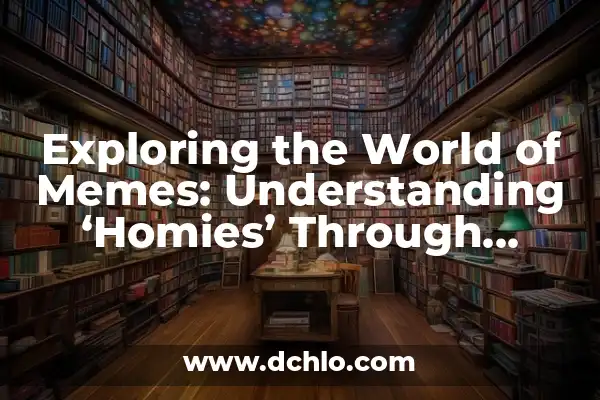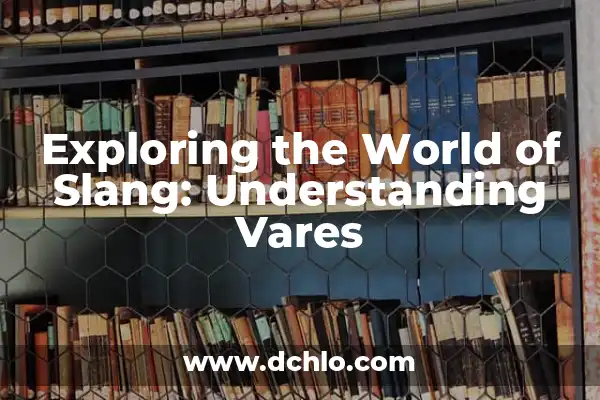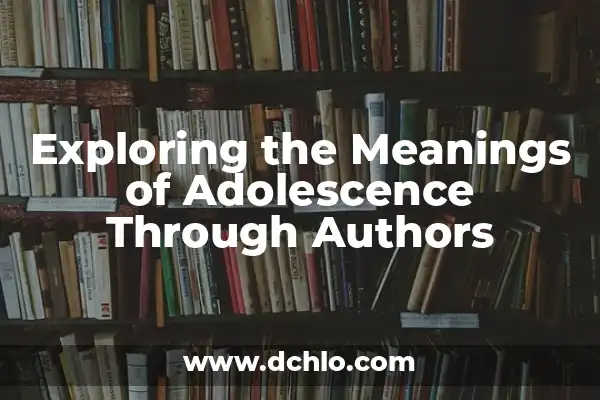Adolescence, a critical phase of human development, has been explored by various authors, each offering unique insights into its meanings. This article delves into the diverse perspectives of these authors, highlighting the significance of their contributions to our understanding of this pivotal life stage.
¿Quiénes son los autores de diferentes significados de adolescencia?
The term autores de diferentes significados de adolescencia refers to scholars and researchers who have studied adolescence, each providing distinct interpretations. Their work is crucial as it shapes our understanding of this transitional phase. Historically, the concept of adolescence began to be studied in the late 19th century, with G. Stanley Hall’s influential work in 1904 marking a significant milestone.
The Evolution of Understanding Adolescence
The perception of adolescence has evolved across different fields. While psychologists like Freud focused on psychological development, sociologists examined its cultural and societal implications. This evolution highlights the multifaceted nature of adolescence, influenced by various disciplinary perspectives.
Key Authors and Their Contributions
Prominent authors have shaped our understanding of adolescence:
También te puede interesar

Exploring the Fascinating World of Vessels
Vessels have long been a cornerstone of human civilization, facilitating transportation, trade, and exploration across the globe. This article delves into the intriguing history and significance of these marine crafts, essential for understanding our maritime heritage.

Exploring the World of Memes: Understanding ‘Homies’ Through Humor
In the vast landscape of internet culture, memes have become a powerful tool for expressing complex ideas through humor. One such concept is homies, a term that has evolved from its cultural roots into a mainstream phenomenon. This article delves...

Exploring the World of Teeth: Understanding ‘Dento’
In the vast landscape of human anatomy, one of the most fascinating structures is the tooth, often referred to in Esperanto as dento. This term, while specific to a constructed language, holds a wealth of significance in understanding our oral...

Exploring the World of Slang: Understanding Vares
In the vibrant linguistic tapestry of Argentina, particularly in Buenos Aires, slang plays a crucial role in everyday communication. One such slang is vares, a term that encapsulates the unique cultural identity of the region. This article delves into the...

Significado en inglés de through
Through es una palabra en inglés que se traduce como a través de o por medio de. Este término se utiliza para describir el movimiento de un objeto o persona desde un punto hasta otro, pasando por el interior o...

Memes de Veracruzanos: La Cultura a Través del Humor
Los memes se han convertido en una herramienta poderosa para expresar la cultura, las tradiciones y, por supuesto, el humor de various grupos étnicos y regionales. En el caso de los veracruzanos, estos mensajes visuales y texto gráfico reflejan la...
– Erik Erikson emphasized identity formation.
– Jean Piaget focused on cognitive development.
– Lawrence Kohlberg explored moral development.
Each contributed unique theories that collectively enrich our comprehension of this life stage.
The Impact of These Authors on Modern Understanding
The impact of these authors is evident in contemporary approaches to education and psychology. Their theories guide interventions and policies, such as Erikson’s influence on identity-focused education programs.
[relevanssi_related_posts]A Comprehensive List of Influential Authors
Influential authors include:
– G. Stanley Hall for coining adolescence.
– Anna Freud on adolescent psychology.
– Daniel Levinson on life stages.
Each offers a distinct perspective, enriching the tapestry of adolescent studies.
Perspectives on Adolescent Development
Cultural and societal factors significantly influence adolescent development. Understanding these perspectives helps in addressing the diverse needs of adolescents in various contexts.
The Purpose of Studying These Authors
Studying these authors provides practical applications in fields like education and psychology, informing strategies to support adolescents effectively.
Theorists Shaping Adolescence Studies
Theorists like Marcia and Kohlberg have shaped policies and interventions, emphasizing the need for tailored approaches to adolescent development.
The Changing Landscape of Adolescence Studies
The field continues to evolve, addressing new issues like digital influence. This adaptability ensures relevance in understanding modern adolescence.
Defining Adolescence Through Authors
The term adolescence is defined by its biological, psychological, and social transitions. Authors’ works provide a framework for understanding these dimensions.
The Origin of the Concept
The study of adolescence’s diverse meanings originated from early 20th-century psychological studies, recognizing the need for comprehensive understanding of this life phase.
Interconnected Perspectives Among Authors
Authors’ works are interconnected, each building on previous theories. This interconnection enriches our understanding of adolescence’s complexity.
The Future of Adolescence Studies
Future research will likely focus on current trends, such as digital impact, ensuring a dynamic understanding of adolescence.
Applying Authors’ Insights in Real Life
Applying these insights in education and parenting involves using Erikson’s identity theory or Kohlberg’s moral stages to create supportive environments for adolescents.
INDICE

